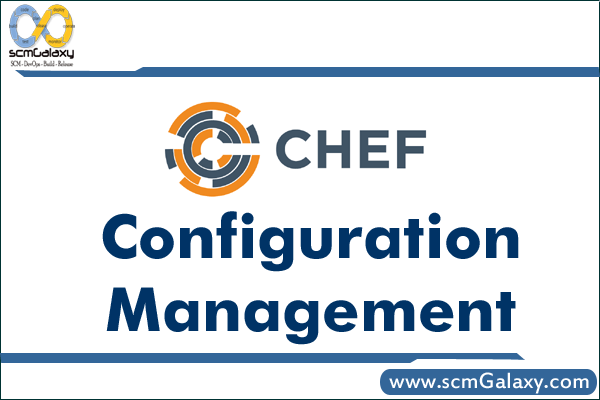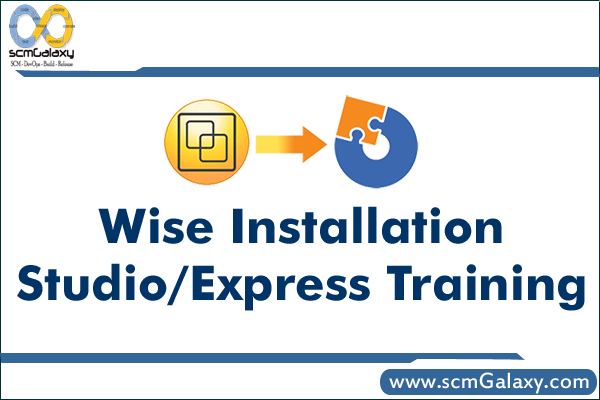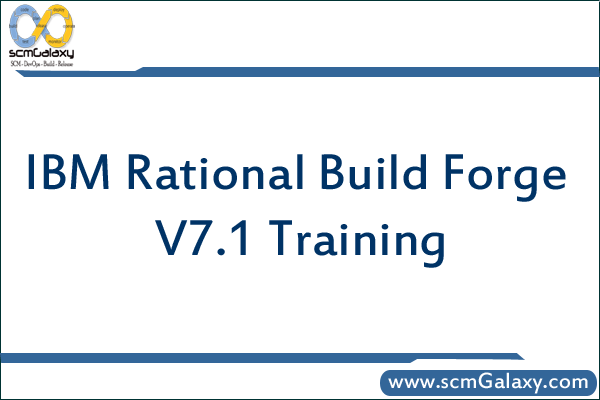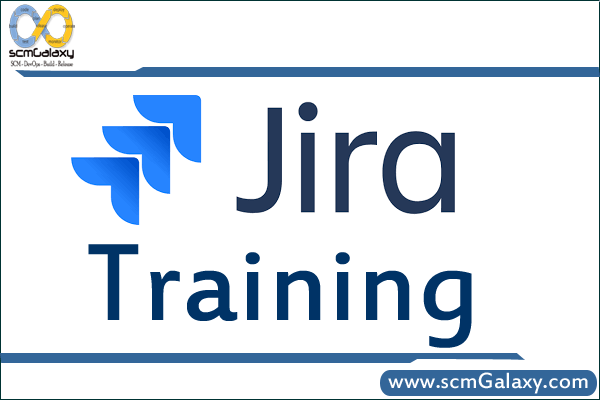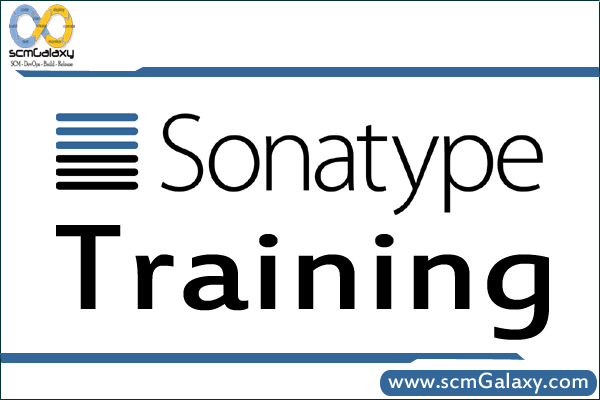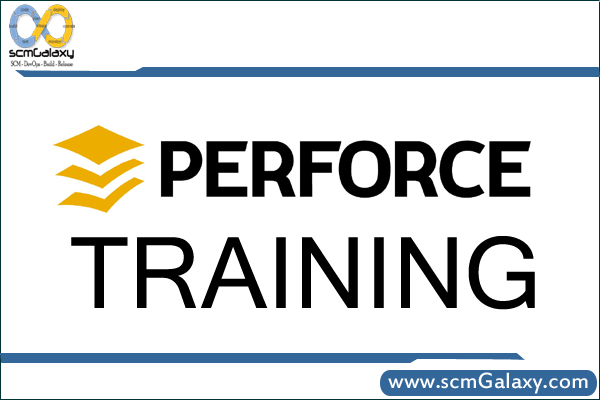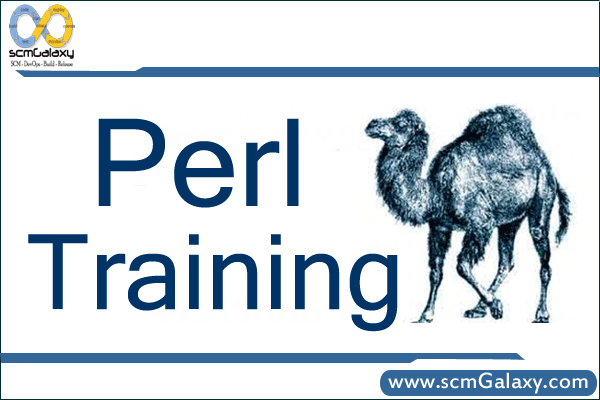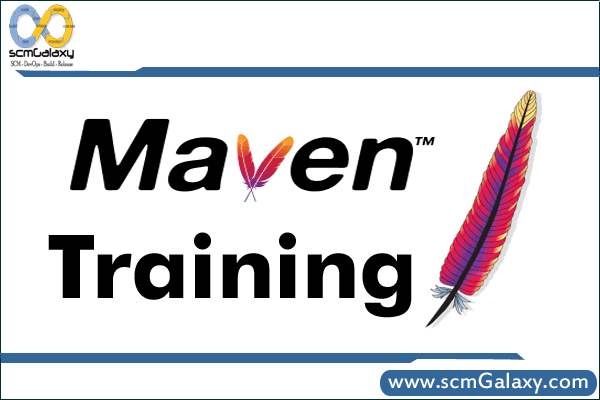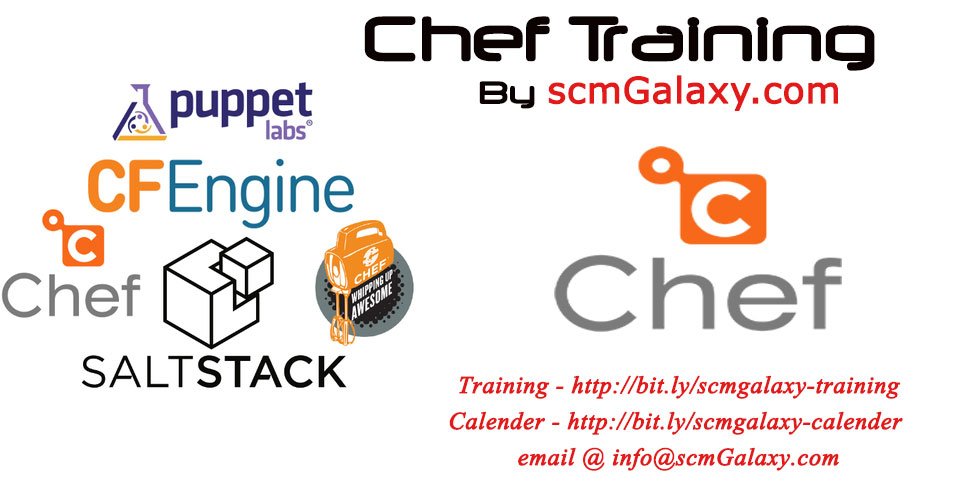
This course aims to prepare key development, engineering, and operations staff to use Chef to write infrastructure. Each of the core units in the course has hands on exercises to reinforce the material. You will learn Chef by using it. At the end of the class, students will have a code repository that can be used and modified to solve real business problems.
 Click Here
Click Here
Course agenda:
Day 1:
- What Is Configuration Management?
- Why You Need a Configuration Management Tool to Automate IT
- What Is Chef?
- Why Chef Might Be a Good Tool for Your Enterprise
- Where Do We Go From Here?
- Chef Development Tools
- Install and Configuration Chef Development Tools on Windows
- Install and Configuration Chef Development Tools on Linux
- Overview of Ruby
- Ruby Syntax and Examples
- Chef Syntax and Examples
- Working with Knife
- Writing First Chef Recipe
- Chef and Its Terminology
- Attributes
- Metadata
- Recipes
- Resources
- Templates
- Definitions
- Recipes
- Writing recipes
- Cookbook Dependencies
- Controlling Impotency
- Notifications
- Template Variables
Day 2:
- Cookbooks
- Using Cookbooks
- Windows – IIS, MSI, Exe, Zip files, Tomcat,
- Linux – RPM, Shell Script, Yum Repos,
- Common – SVN, Vagrant, Test Kitchen
- Introducing Vagrant & Virtualbox
- Introducing Test Kitchen
- Spinning up your first Virtual Machine
- Introducing OpsCode
- Developing a Cookbooks
- Developing Your First Cookbook
- Writing a Recipe
- Creating the Index File
- Changing the Metadata
- Uploading the Cookbook
- Running the Cookbook
- Add an Attribute
- Add a Resource to the Default Recipe
- Add the Template File
- Uploading and Running the Cookbook
- Using Environments
- Modeling your infrastructure
- Roles
- Implementing a role
- Determining which recipes you need
- Applying recipes to roles
- Mapping your roles to nodes
- Environments
- Organizing your configuration data
Day 3:
- Cloud Provisioning Using Chef
- Provisioning Using Vagrant and Chef
- Providers and Provisioners
- Installing Vagrant
- Configuring Vagrant
- Vagrant Provisioning Using Chef
- AWS and Chef Provisioning Using Vagrant
- Provisioning Using Knife
- Troubleshooting and Debugging
- Chef Troubleshooting and Debugging
- Debugging Chef Client Run
- Debugging Recipes Using Logs
- Debugging Recipes Using Chef Shell
- Troubleshooting Chef Client
- Recipe Inclusion
- Data Bags
- Search Roles
- Configuring Services like Apache
- Deployment using chef
- Looking at your application deployment cookbook
- Deployment using zip/tar files. E.g: Apache Tomcat deployment and configured as service.
- Windows – Configuring Services like IIS
- Dependencies Management
- Integrating with the Cloud
- Amazon EC2
- Rackspace Cloud
